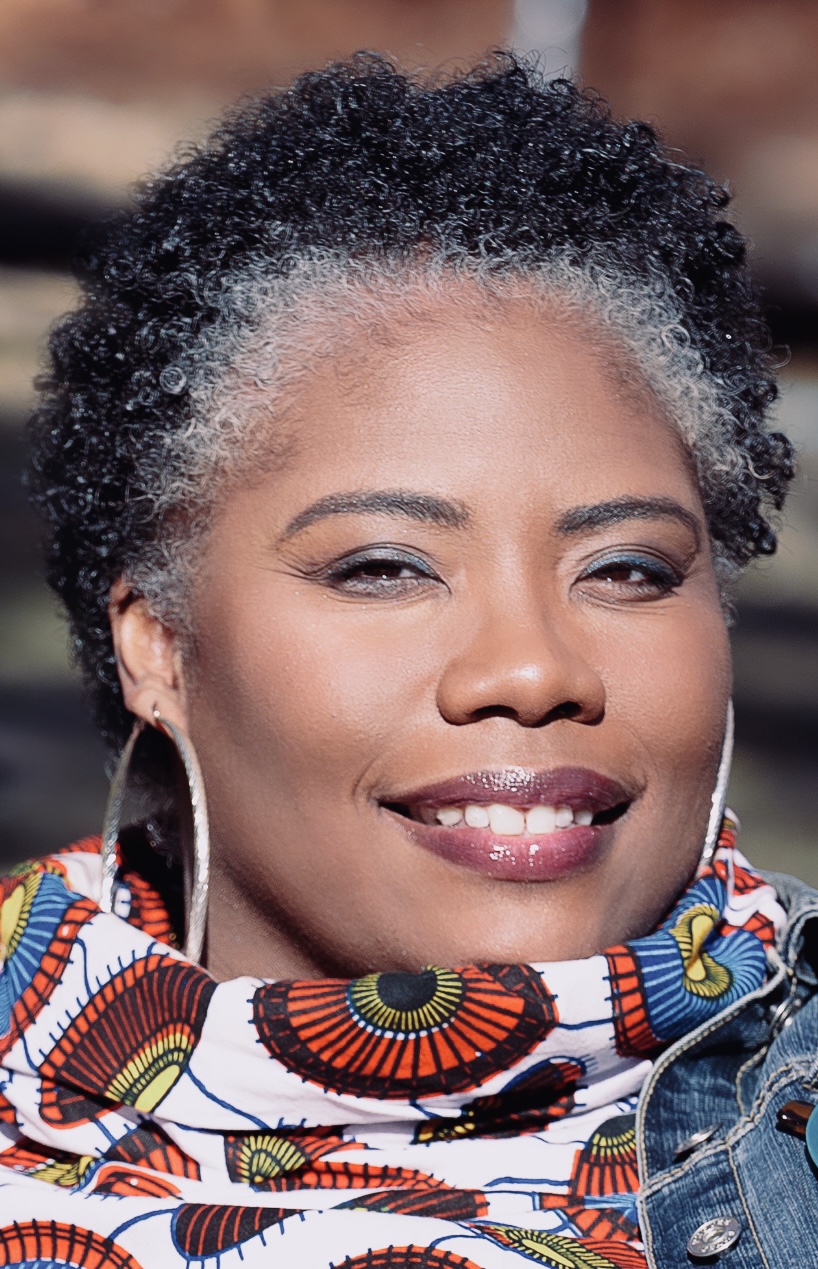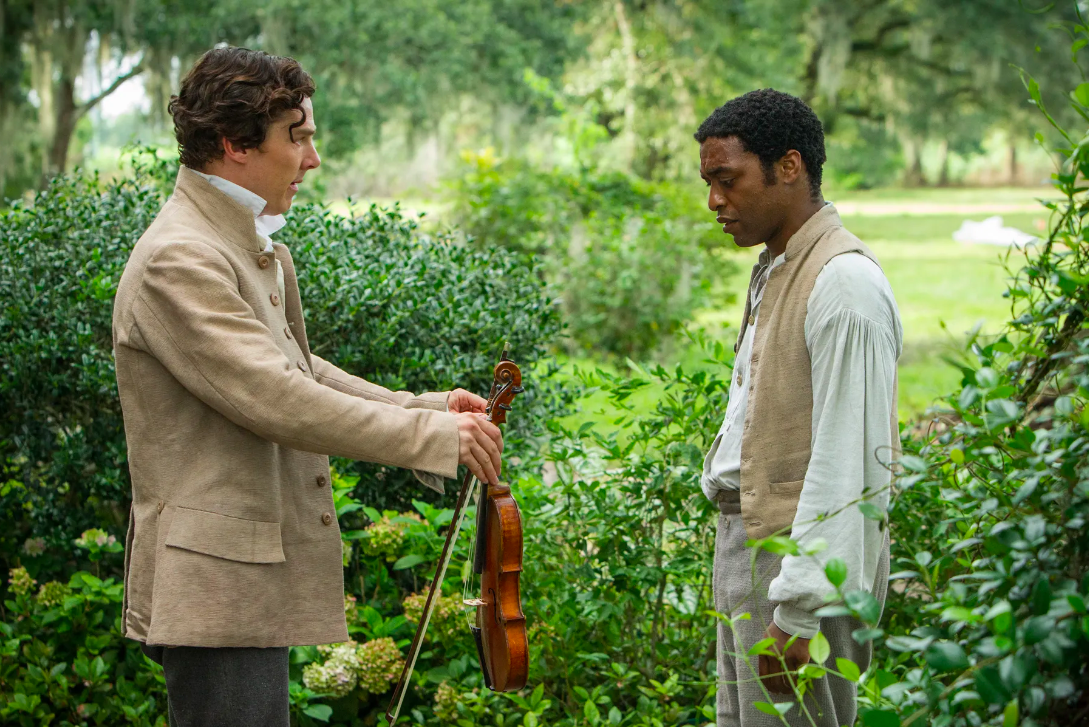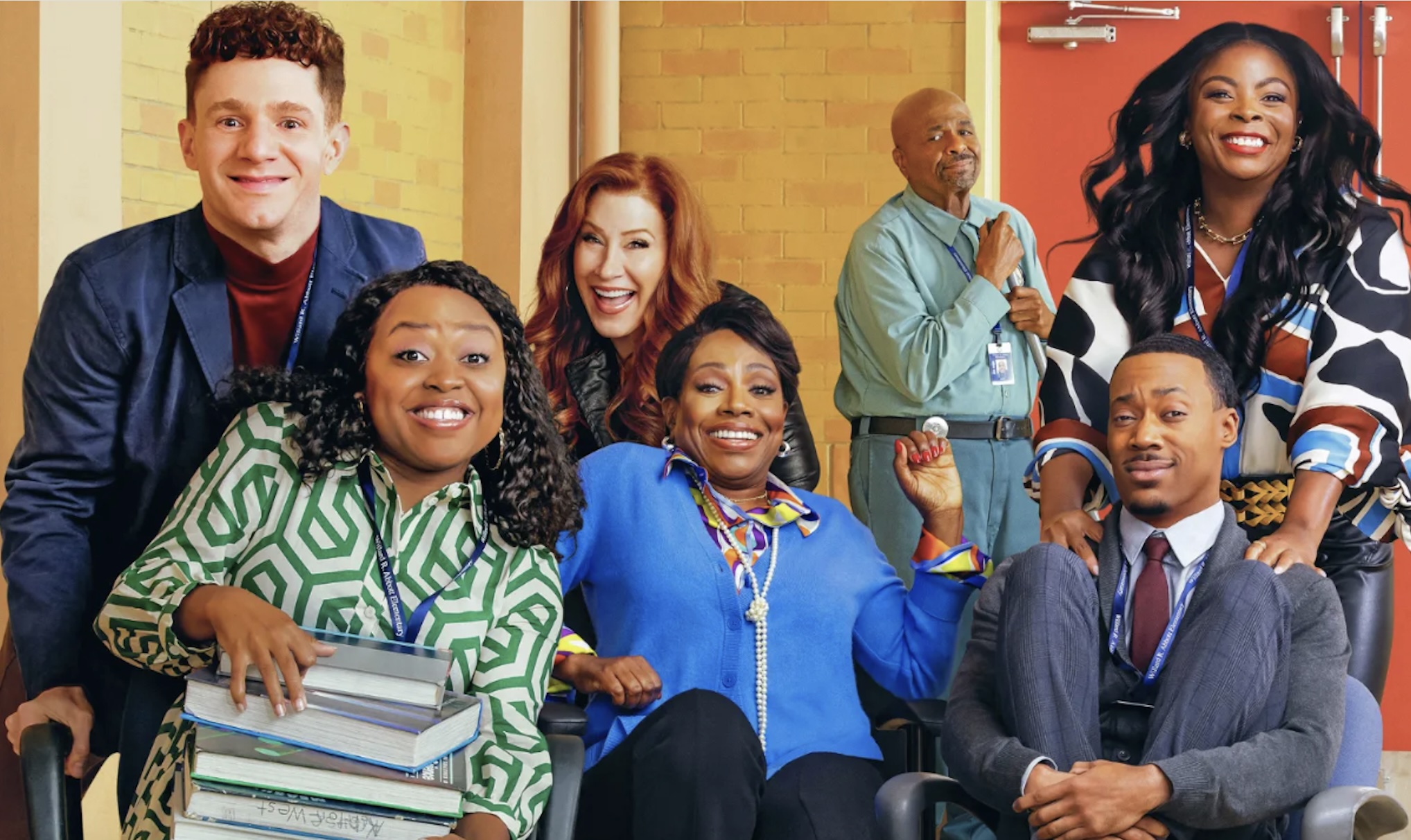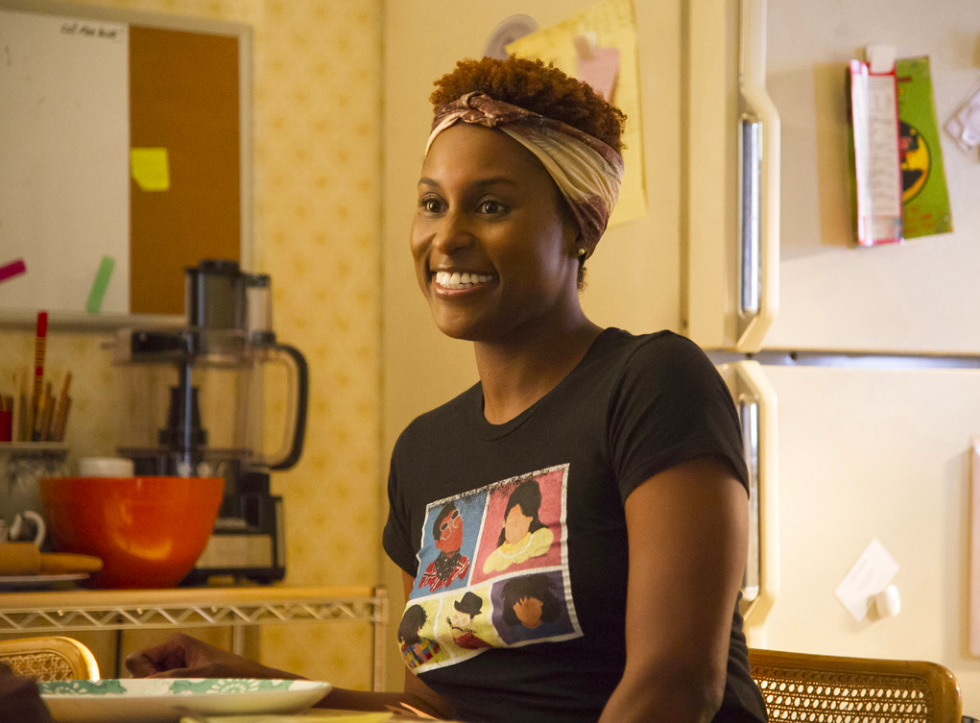
Captions:
In a media landscape saturated with depictions of Black trauma, author Tracey Michae’l Lewis-Giggetts is on a mission to change the narrative. Known for her acclaimed book “Black Joy: Stories of Resistance, Resilience, and Restoration,” Lewis-Giggetts believes in the transformative power of joy as a tool for healing and resistance.
“Black joy is a very real thing,” said Lewis-Giggetts. “It’s not just about celebration—it’s about survival, resistance, and hope.”
The history of Black representation in entertainment has often leaned heavily on stories rooted in pain and struggle. From films that depict systemic racism and injustice to stories focused on historical oppression, these narratives provide necessary education but can limit how Black lives are perceived.
Lewis-Giggetts argued that focusing solely on trauma risks reinforcing one-dimensional portrayals of Black existence. “What I want,” she shared, “is for Black stories to be a balance—a reflection of our wholeness, not just our wounds.”
“Entertainment isn’t just about entertaining—it’s a tool to uplift,” Lewis-Giggetts said passionately. She emphasized that joy must be purposeful, rooted in authenticity and intention.

“When we create media that celebrates Black joy, it’s not just for the sake of it. It’s for those watching to understand the fullness of who we are,” said Lewis-Giggetts. “That’s what makes it powerful.”
Lewis-Giggetts reflected on how moments of triumph and joy are as vital to understanding Black resilience as stories of struggle. “If you think about Bloody Sunday in Selma, you also have to think about the hope and resilience that carried people through,” she explained. “We need both sides of the story.”
Lewis-Giggetts sees contemporary media as an extension of this legacy, creating opportunities to tell multifaceted narratives.
Shows like “Abbott Elementary” and “Black-ish” highlight thriving Black families and communities, challenging stereotypes, and redefining representation.
“It’s wonderful to see Black people celebrated and having their joy show up in ways that feel real and relatable,” she said. For Lewis-Giggetts, joy is not a luxury—it’s a necessity, a radical act that pushes back against limited portrayals of Black lives.
Related Links:
https://lasentinel.net/tetona-jackson-talks-growth-motherhood-and-new-role-on-cbss-poppas-house.html
Her essays in “Black Joy” capture these ideas vividly. Whether she’s recounting a moment dancing in the rain with her daughter or reflecting on the connections forged in family gatherings, her stories reclaim joy as a fundamental part of Black existence.
“It’s about finding light in the midst of darkness,” shared Lewis-Giggetts. “And it’s about showing our babies—showing everyone—that joy is ours, too.”
Lewis-Giggetts stressed the importance of representation in children’s media, referencing shows like “Doc McStuffins” and animated films that offer young Black viewers heroes who look like them.

“Kids are connecting to these stories in ways that are so meaningful,” said Lewis-Giggetts. “They’re seeing themselves as capable, as worthy of joy—and that matters.”
Acknowledging the weight of trauma-focused storytelling, Lewis-Giggetts made it clear that such narratives are still critical.
“We can’t ignore our history, our pain,” said Lewis-Giggetts. “But we have to balance it. Because if we only see ourselves in struggle, it limits how we imagine our future.” She urged creators to show the full spectrum of Black lives, from hardship to triumph.
As creators like Issa Rae (Insecure) and Quinta Brunson (Abbott Elementary) continue to center joy and humor in their work, Lewis-Giggetts is hopeful about the future.

“We’re seeing more and more storytellers center joy, humor, and authenticity—and audiences are showing up for it,” said Lewis-Giggetts. Her hope is that this momentum continues, creating space for a broader range of Black stories.
“We need to see ourselves in all our dimensions,” emphasized Lewis-Giggetts. “Not just as survivors, but as people who thrive, who laugh, who love, who dream.”
Lewis-Giggetts closed with a call to action for creators and audiences alike: “Be intentional about what you consume and what you create. Celebrate stories that uplift, that show joy as well as struggle. Because when we do that, we’re not just changing the narrative—we’re changing lives.”
Lewis-Giggetts’ work, from “Black Joy” to her latest project “Black Playbook,” continues to inspire audiences to embrace joy as a radical and restorative act. “It’s been an absolute joy to share this work,” she said. “And I hope it reminds people that joy is always within reach.”
For more on Tracey Michae’l Lewis-Giggetts, visit her website at tracymlewis.com or follow her on Instagram at @TMLGwriter.






